The number of bombings in Sweden this year has exceeded 130, a figure already significantly higher than the 90 cases recorded for the whole of last year. In 2023, it took only half a year for criminal gangs to reach that.
In September, there was a bombing almost every day.
During the winter and spring, two rival organized crime groups with immigrant backgrounds committed most of the shootings and bombings. In the autumn, however, Sweden's biggest drug trafficker, Rawa Majid, aka the Kurdish Fox, and his gang Foxtrot, were responsible for most of the violence.
Born in Uppsala, Sweden, Majid, 27, fled Sweden in 2018 because there were multiple convictions against him. He went to the Kurdish region of Iraq and from there he apparently moved to Turkiye, from where he is currently running his Swedish criminal organization. Foxtrot's other leader, Ismail Abdo, also known as the Strawberry Man, recently turned against Majid, unleashing a wave of violence.
After that, Abdo's 60-year-old mother was shot dead in her home on the outskirts of Uppsala on 7 September. This was followed by revenge attacks in another part of the city, this time against Majid's father-in-law and later his mother-in-law, who both survived the assaults.
In the space of a week, seven people – some of them innocent – were shot dead in Uppsala and the Swedish capital Stockholm, some 70 kilometers away. Meanwhile, the police say they have been able to prevent several violent attacks.
It is becoming increasingly common for rivals to settle scores with the family of their enemies. A shooting on Tuesday night left a man in his 60s injured. Even more shockingly, children, many of whom are gang members themselves, are falling victim to the raging wave of violence.
Last week in Sweden, a prosecutor in Stockholm took the unusual decision to publish a photograph of one of the 13-year-old child victims.
Thirteen-year-old Milo was the victim of a brutal gang violence. He was shot and killed, and his body was dumped in a wooded area near Stockholm.
According to the prosecutor, the murder was committed in the context of 'gang crime.' The child's photo and story shocked the public that has grown increasingly indifferent about gang warfare. According to some sources, the incident even caused outrage in the criminal underworld.
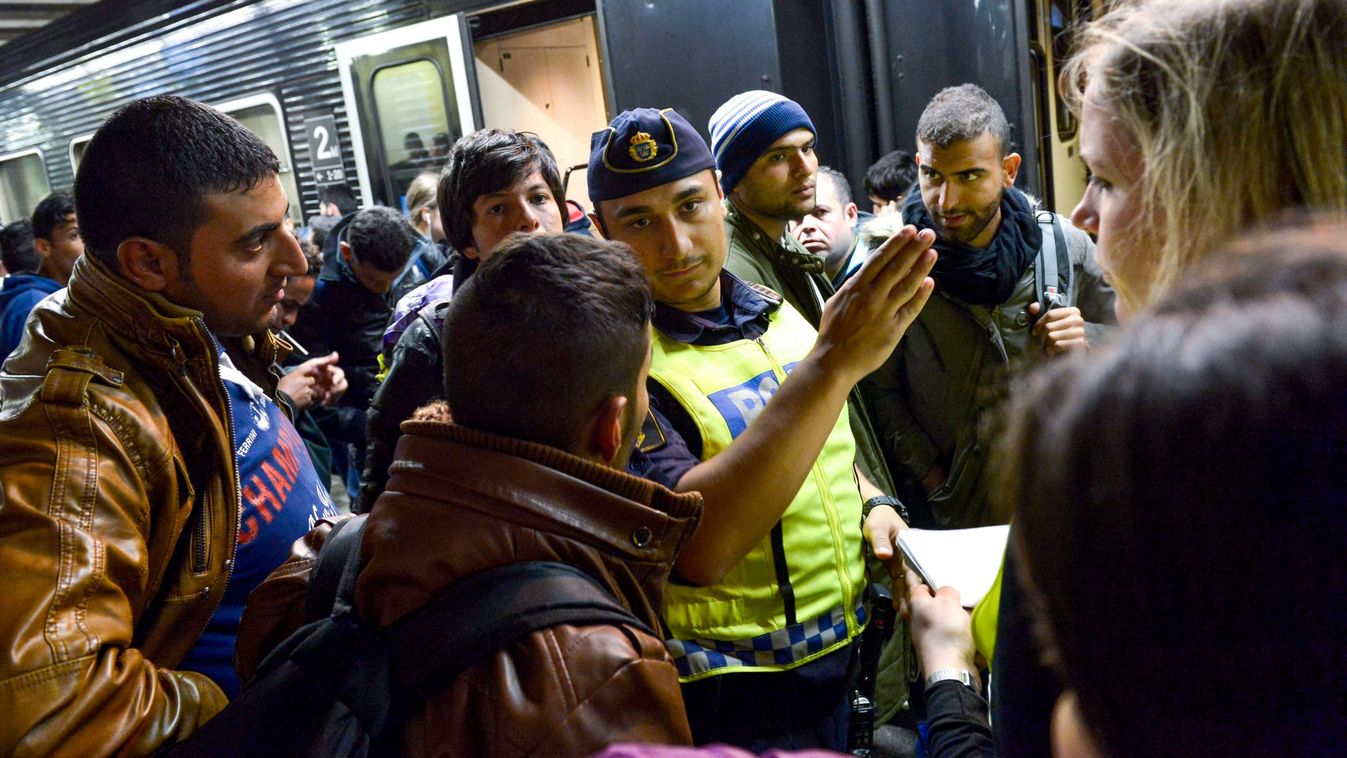
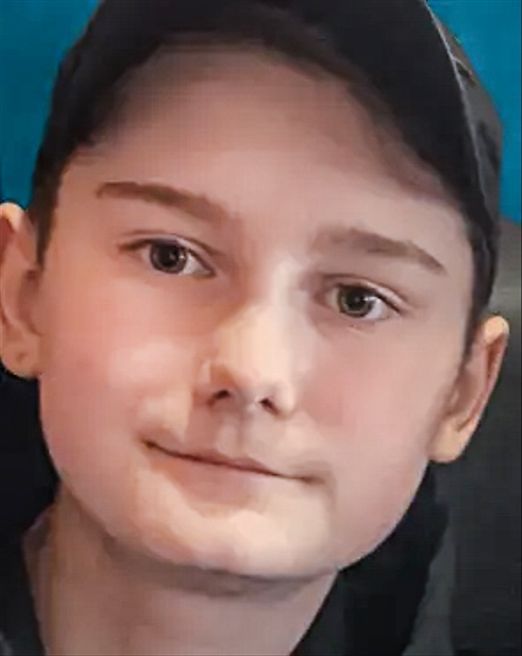

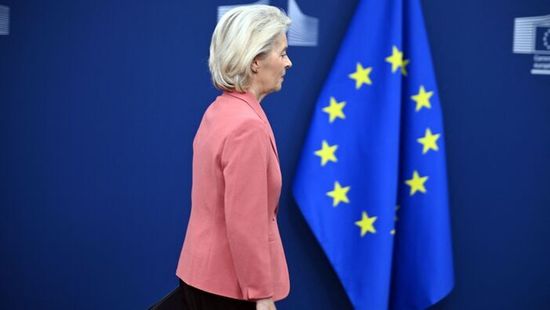

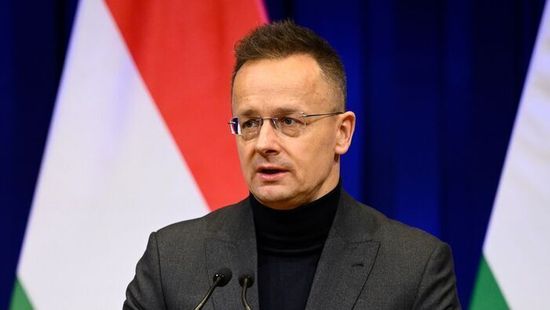

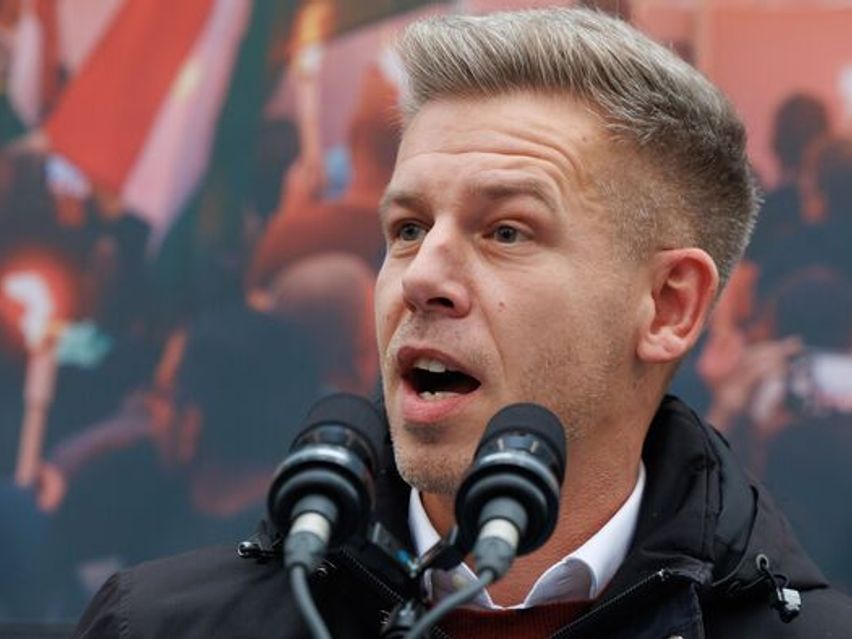

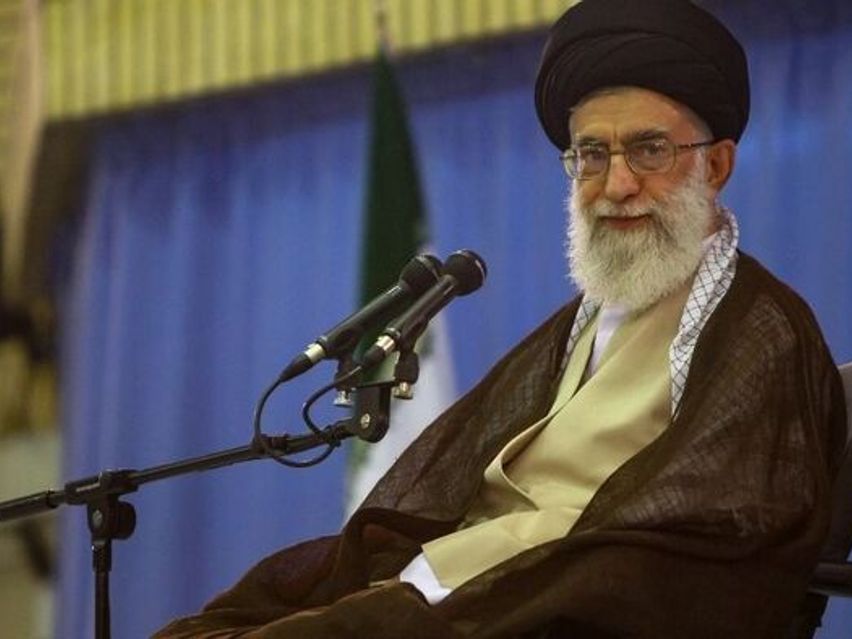
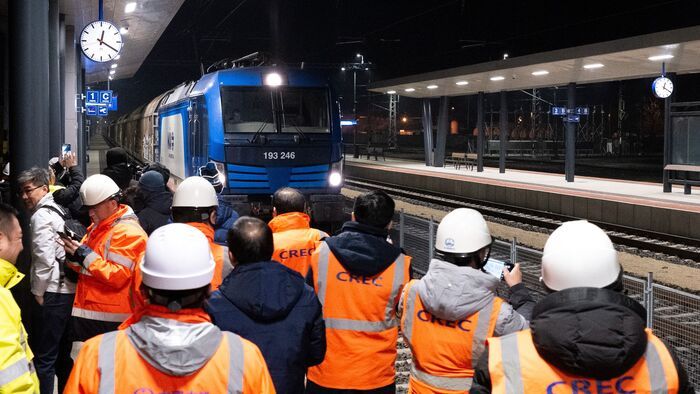

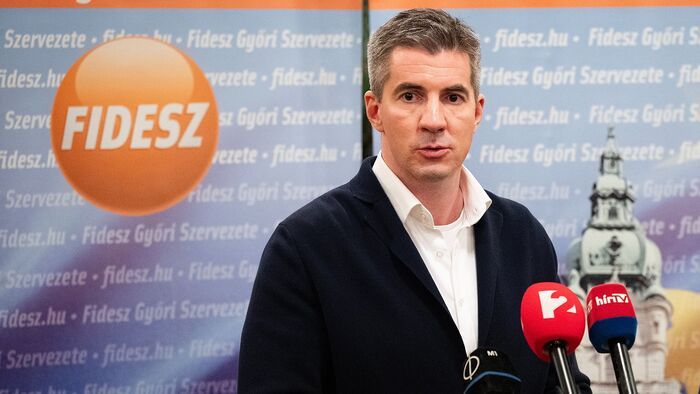



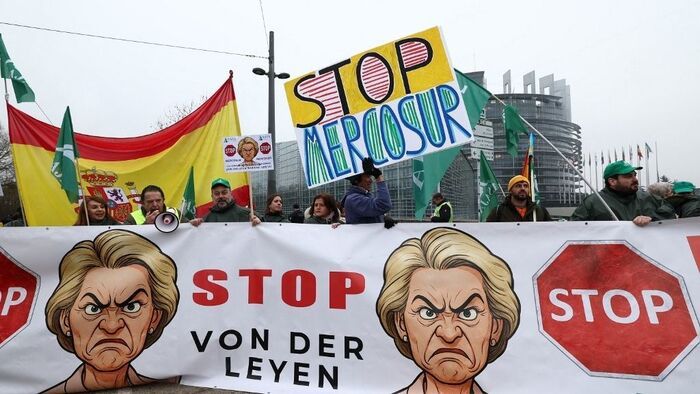

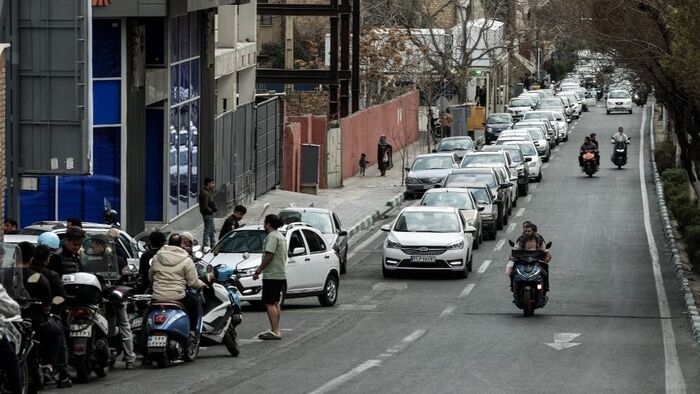





Szóljon hozzá!
Jelenleg csak a hozzászólások egy kis részét látja. Hozzászóláshoz és a további kommentek megtekintéséhez lépjen be, vagy regisztráljon!